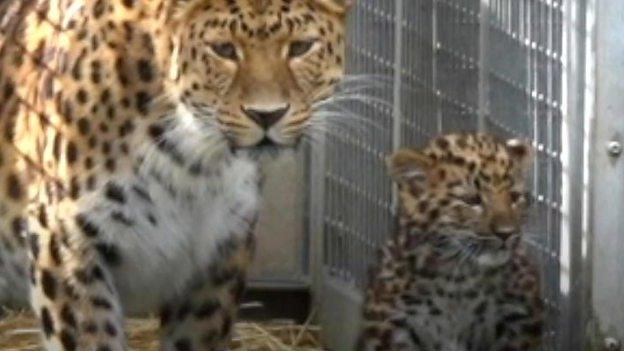Dartmoor Zoo's rare leopard a hit on 'dating site'
- Published
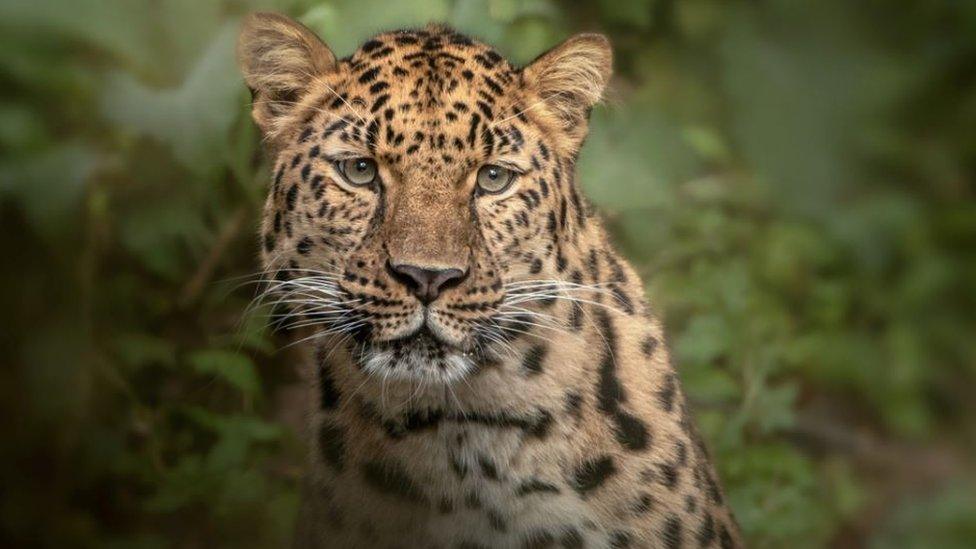
Benjamin Mee said Freddo was a 'very precious animal'
Dartmoor Zoo's Amur leopard is attracting worldwide interest on an "animal dating site", his keepers say.
When Freddo arrived in November 2023, zoo boss Benjamin Mee shared an ambition to breed cubs of the "world's rarest leopard" to release in the wild.
Freddo's profile was on the Zoological Information Management System (ZIMS), a "zoo dating site for animals", he said.
He added that any cubs that resulted from any matches would be "significant" for the species' population.
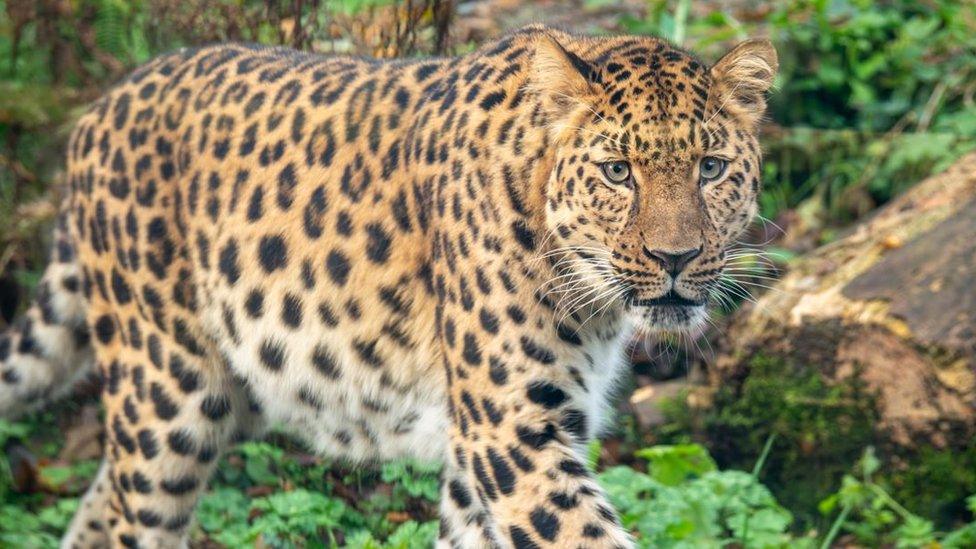
Freddo's enclosure has been adapted around his climbing and jumping abilities
Mr Mee said: "Freddo is a very eligible bachelor and has already attracted a lot of attention among keepers of the eligible female leopard population and the leopard community.
"We are hoping this leads to the pitter-patter of tiny paws in the very near future.
"That would be such a significant thing for the global population of this animal, but also a massive milestone for us here."
ZIMS, which is run by Minneapolis-based firm Species360, described as "exciting" the prospect of helping to introduce cubs of this "critically endangered" species into the wild.
Jim Guenter, CEO, told the BBC the database held the details of about two million animals from about 25,000 species.
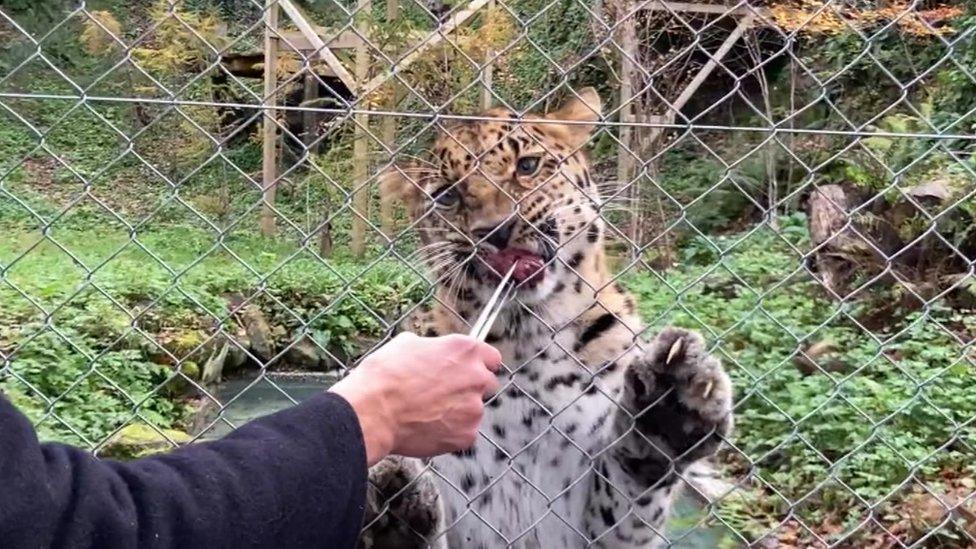
Freddo is part of a conservation programme
With just 140 Amur leopards left in the wild, and less than 300 in European zoos, "critically endangered" Freddo is among the most rare, he said.
"This is a situation where you have to manage that species very carefully. There are so few that maintaining that genetic diversity becomes a real challenge."
He said the database recorded a "wide array" of information on wildlife, including diet, medical records, blood samples, height and weight and lineage.
This meant they could "maximise the wildness" of the animals that were bred - and the chance of reintroduction into the wild.
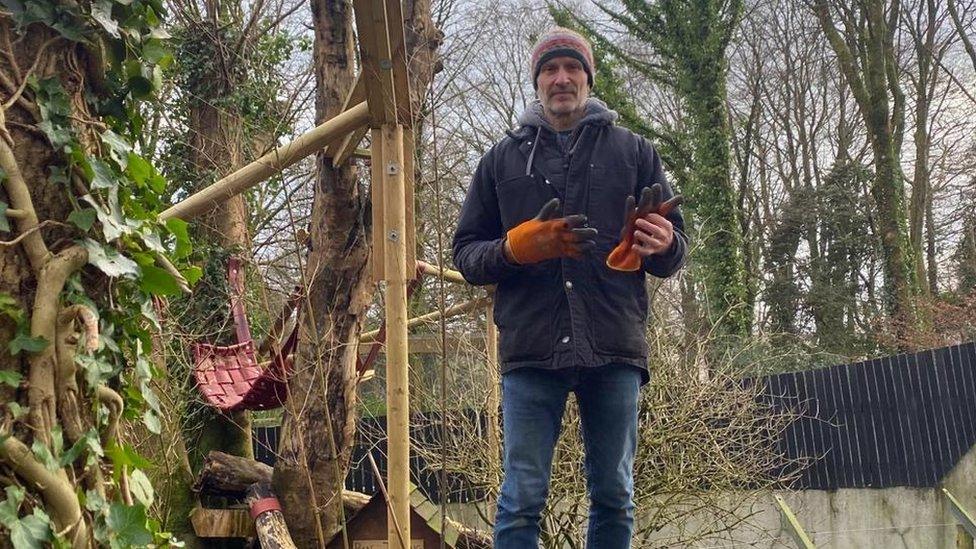
Benjamin Mee says the dream is to introduce any leopard cubs into the wild
By joining the site, the zoo was part of a "global community of like-minded conservation people" across 102 countries, said Mr Mee.
"It's like going on a dating site and supplying all your medical records and the size of every bedroom that you have," he said.
"We're quietly hopeful that, when we have built an extension as a cubbing den, he could have a companion."
Freddo started out in Estonia before moving to the Scottish Highlands and then Belgium, siring cubs along the way.
Mr Mee said Freddo had "adapted incredibly", adding: "He's kind of like a street-fighter, rough and ready and looking for trouble."
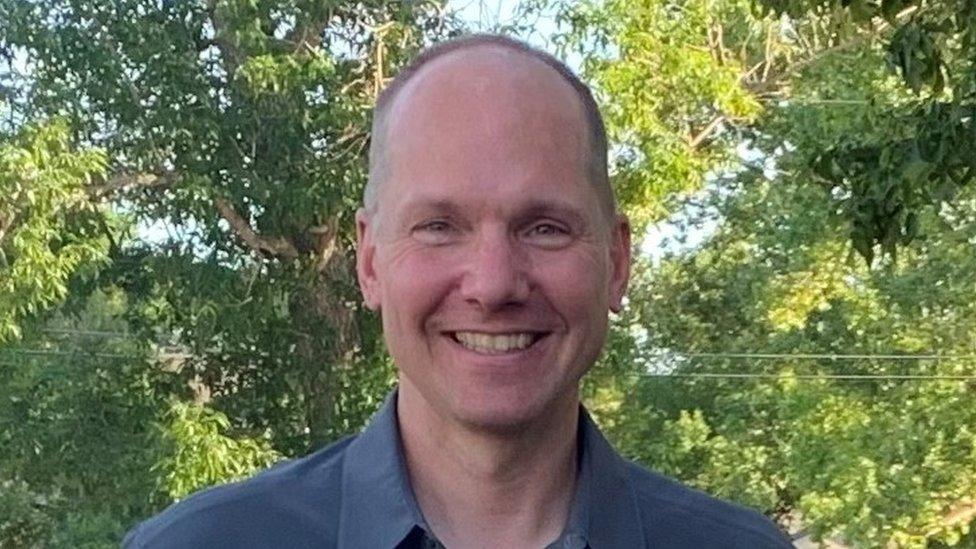
Jim Guenter of database ZIMS said they were "data geeks" who cared about the planet
Mr Guenter added: "We're excited to work here because we can help create the systems that these institutions can use to keep these populations alive.
"We're data geeks at the core, but we still care about the planet and we want to make sure those populations … are as healthy as possible.
"It's really important to remember that the care and welfare of these animals is so critical - if they're not healthy, they're not going to breed, they're not going to be happy, they're not going to live a good life."

Follow BBC Cornwall on X (formerly Twitter), external, Facebook, external and Instagram, external. Send your story ideas to spotlight@bbc.co.uk, external.
Related topics
- Published17 November 2023

- Published12 September 2023
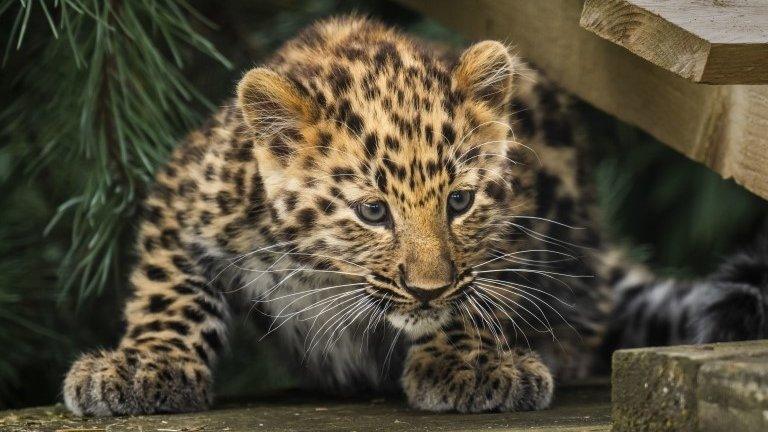
- Published12 September 2023
